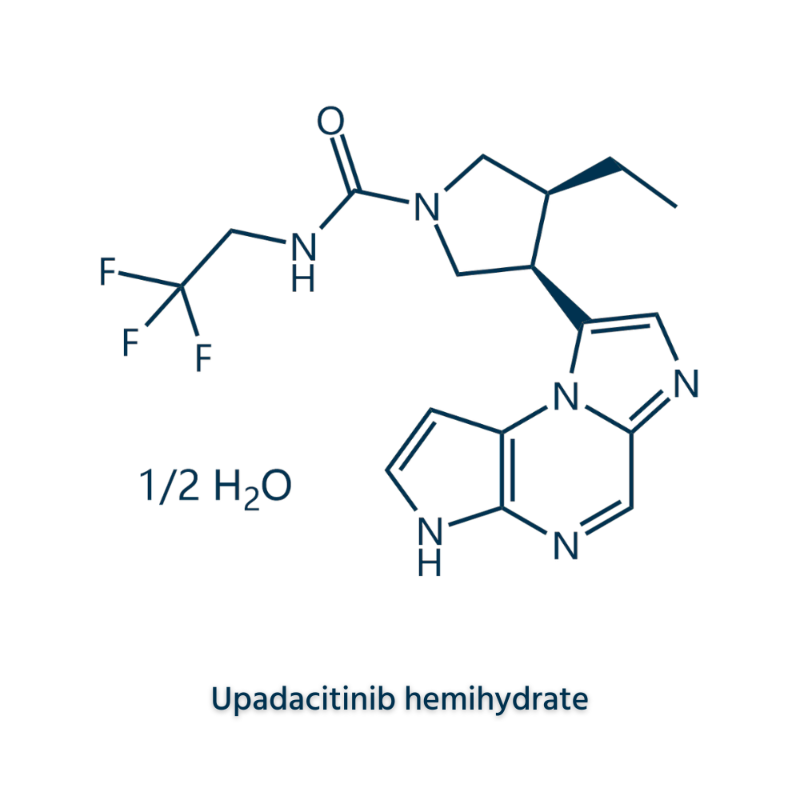-
Categories
-
Pharmaceutical Intermediates
-
Active Pharmaceutical Ingredients
-
Food Additives
- Industrial Coatings
- Agrochemicals
- Dyes and Pigments
- Surfactant
- Flavors and Fragrances
- Chemical Reagents
- Catalyst and Auxiliary
- Natural Products
- Inorganic Chemistry
-
Organic Chemistry
-
Biochemical Engineering
- Analytical Chemistry
-
Cosmetic Ingredient
- Water Treatment Chemical
-
Pharmaceutical Intermediates
Promotion
ECHEMI Mall
Wholesale
Weekly Price
Exhibition
News
-
Trade Service
EGFR-TKIs are the standard first-line treatment for patients with EGFR-mutant advanced lung adenocarcinoma
.
Concomitant genetic co-mutations may attenuate its efficacy
EGFR-TKIs are the standard first-line treatment for patients with EGFR-mutant advanced lung adenocarcinoma
The study included 269 patients, most of whom were initially treated with first-generation TKIs, and 94 patients were treated with osimertinib after progression
.
Median PFS was 10 months with first-generation TKIs and 6 months with later-line osimertinib
The study included 269 patients, most of whom were initially treated with first-generation TKIs, and 94 patients were treated with osimertinib after progression
Abnormalities of TP53 were the most common, followed by PRKDC, RB1, KMT2D and NKX2-1
.
In the pre-treatment cohort (n=184), abnormality of the TP53 gene was the most common factor reducing PFS1, along with abnormalities of the SETBP1 and MET genes
Abnormalities of TP53 were the most common, followed by PRKDC, RB1, KMT2D and NKX2-1
The study found that not only the change of TP53 gene before treatment affects the efficacy, but the change of TP53 gene at any time may reduce the PFS of TKI treatment and the PFS and OS of osimertinib treatment
.
In TP53-mutated and wild-type patients, the primary mechanism of resistance is EGFR T790M
The study found that not only the change of TP53 gene before treatment affects the efficacy, but the change of TP53 gene at any time may reduce the PFS of TKI treatment and the PFS and OS of osimertinib treatment
When TP53 gene alterations affect gene instability, the study found that patients with TP53 mutations had higher levels of TMB (median 8.
47 v 6.
84, p=0.
00051) and CNA burden (median 0.
136 v 0.
077, p=0.
0014)
.
Compared with before treatment, TP53 changes were associated with a more pronounced increase in TMB after treatment (median 9.
When TP53 gene alterations affect gene instability, the study found that patients with TP53 mutations had higher levels of TMB (median 8.
TP53 gene alterations do not appear to be associated with smoking status, and high TMB in patients with TP53 mutations is not associated with smoking status
.
.
TP53 gene alterations do not appear to be associated with smoking status, and high TMB in patients with TP53 mutations is not associated with smoking status
.
When TP53 altered status was considered, patients with TP53 co-mutation with the cell cycle had a worse prognosis
.
.
When TP53 altered status was considered, patients with TP53 co-mutation with the cell cycle had a worse prognosis
.
Taken together, our findings suggest that TP53 alterations are associated with faster resistance evolution in EGFR-mutant NSCLC and may cooperate with other genomic events to mediate the acquisition of resistance mutations in EGFR TKIs
.
.
Studies have shown that TP53 alterations are associated with faster resistance evolution in EGFR-mutant NSCLC and may cooperate with other genomic events to mediate the acquisition of resistance mutations in EGFR TKIs
.
Studies have shown that TP53 alterations are associated with faster resistance evolution in EGFR-mutant NSCLC and may cooperate with other genomic events to mediate the acquisition of resistance mutations in EGFR TKIs
.
Original source:
Original source:Natalie I.
Vokes, Emily Chambers, Tom Nguyen, et al.
Concurrent TP53 mutations facilitate resistance evolution in EGFR mutant lung adenocarcinoma.
Journal of Thoracic Oncology (2022), doi: https://doi.
org/10.
1016/j.
jtho.
2022.
02.
011.
Vokes, Emily Chambers, Tom Nguyen, et al.
Concurrent TP53 mutations facilitate resistance evolution in EGFR mutant lung adenocarcinoma.
Journal of Thoracic Oncology (2022), doi: https://doi.
org/10.
1016/j.
jtho.
2022.
02.
011.
Leave a message here







